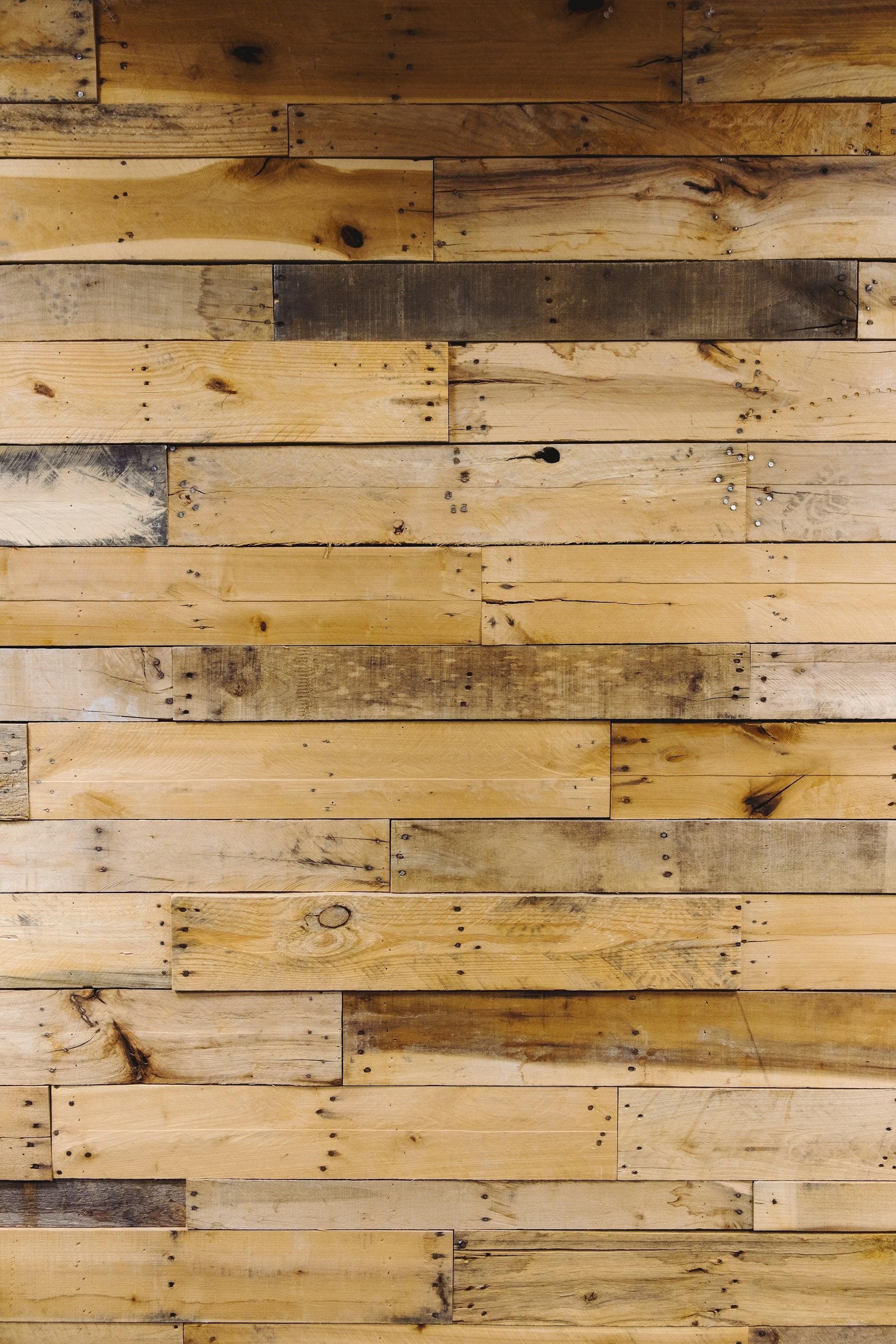Top 3 Ways to Remove Paint From Wood
Removing paint from wood can be achieved through chemical strippers, heat guns, or sanding—each method tailored to project size, surface type, and desired precision.

Photo by Wesley Tingey
When restoring wood furniture or woodwork, removing old paint is often the first step. Whether you’re dealing with a vintage dresser or a painted door frame, stripping away the old finish can reveal beautiful natural wood underneath. There are several safe and effective methods for taking paint off wood. Afterward, you may want to keep that wood looking its best. If so, consider learning how to care for wood furniture to maintain its beauty for years to come.
1. Using Chemical Paint Stripper
Paint strippers—available as liquids, gels, or pastes—soften old paint, making it easier to scrape off. They’re great for large projects, curved surfaces, and intricate details.
How to Use:
- Work outdoors or in a well-ventilated area with drop cloths. Follow all safety precautions on the label.
- Pour a small amount of stripper into a glass or metal container.
- Apply stripper as directed, starting at the top and working down.
- Allow it to sit according to the instructions, then remove softened paint with a paint scraper or putty knife.
- Reapply as needed for stubborn spots.
- Scrub with nylon brushes or abrasive pads to remove all traces of old finish.
Safety Note: Always wear gloves, goggles, and a mask. Use caution when handling chemicals to avoid skin and eye contact.
2. Using a Heat Gun
Heat guns direct high-temperature air onto painted surfaces, causing paint to bubble and loosen. This method can also remove varnish and other finishes.
How to Use:
- Keep a fire extinguisher nearby and never leave the heat gun unattended.
- With the heat gun about 2 inches from the surface, move it back and forth until paint bubbles.
- Avoid scorching the wood—stop if you see smoke.
- Use a scraper at a 30-degree angle to remove the softened paint.
- Address detailed areas and stubborn spots by reapplying heat and using contoured scrapers.
- After the paint is removed, wash the wood with denatured alcohol or mineral spirits before refinishing.
3. Using Sandpaper or a Power Sander
Sanding is efficient for flat surfaces. Because it generates dust, always wear safety goggles and a mask, and consider working outdoors.
How to Use:
- Clean the surface with a degreasing cleaner and let it dry.
- Remove hardware from the wood if possible.
- Start with coarse 80-grit sandpaper and gradually move to finer grits (150, then 220) to smooth the surface.
- Always sand with the grain of the wood.
- Wipe the surface clean with a damp cloth to remove dust.
Tip: An electric sander makes the job faster but can be too aggressive if you apply excessive pressure, so use caution.
Lead Paint Safety
If the paint you’re removing predates 1978, it could contain lead. Lead dust is hazardous, especially for children and pregnant women. Follow local regulations and take extra precautions. When in doubt, consider hiring a certified professional.
With patience and the right technique, removing paint from wood can reveal a fresh, clean surface ready for staining, varnishing, or painting in a more contemporary hue. Afterward, maintaining the newly exposed wood is easy—just remember proper wood care to protect your work and keep it looking its best.
Quick facts
What is the easiest way to remove paint from wood?
The easiest way to remove paint from wood is by using a paint stripper or heat gun. Follow with a scraper to gently remove the softened paint.
Will vinegar remove paint from wood?
Vinegar can loosen paint from wood by softening it, making it easier to scrape off. However, it may not be effective for all types of paint.
How do you get dried paint off hard wood?
To remove dried paint from hardwood, use a paint scraper or a heat gun, followed by sanding or applying a paint remover for stubborn spots.
Does rubbing alcohol remove paint from wood?
Rubbing alcohol can help remove water-based paint from wood surfaces. Dab a cloth with alcohol and rub the paint gently to avoid damage.
Can you sand off paint from wood?
Yes, sanding is an effective way to remove paint from wood. Use coarse sandpaper to start and gradually switch to finer grit for a smooth finish.
Is it better to sand or strip paint?
Stripping paint with a chemical remover is better for intricate details, while sanding is ideal for flat surfaces or small paint layers.
Can you sand wood that has paint on it?
Yes, wood with paint can be sanded to remove the paint layer. Use a coarse sandpaper initially and finish with a finer grit.
What is the best sander to remove paint from wood?
A random orbital sander is the best tool for removing paint from wood. It provides a smooth finish while minimizing the risk of gouging the surface.

Anirudh Atodaria
Software Engineer at Spoken
Anirudh is a software engineer at Spoken. He enjoys learning new things and solving complex problems. He takes pride in making others lives easier through innovative technology solutions. While he spends most of his time immersed in coding and tech, he tries to touch some grass occasionally.
Read more